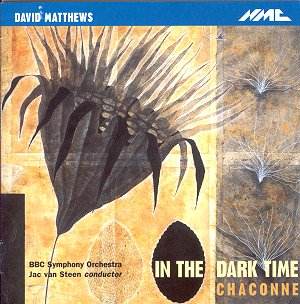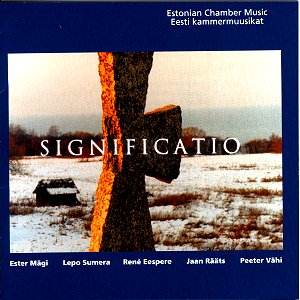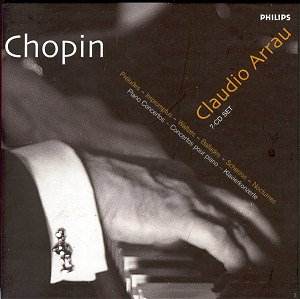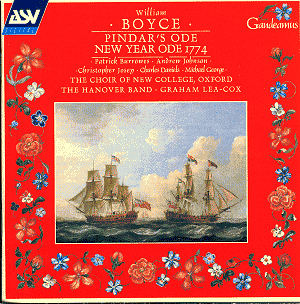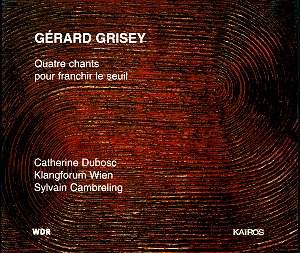 Composer: Gérard Grisey
Composer: Gérard Grisey
Works: Quatre chants pour franchir le seuil
Performers: Catherine Dubosc (soprano), Klangforum Wien
Recording: WDR Funkhaus, October 2000
Label: KAIROS 0012252KAI
Gérard Grisey, a pivotal figure in the realm of spectral music, crafted a sonic universe that deftly intertwines the old and the new, the ephemeral and the eternal. His final major work, Quatre chants pour franchir le seuil, completed shortly before his untimely death in 1998, serves as a profound meditation on the human condition through an amalgamation of texts spanning various cultures and epochs. The piece is not merely a culmination of Grisey’s artistic evolution but also a testament to his ability to bridge disparate historical narratives, encapsulating a deep exploration of existence itself.
The performance by soprano Catherine Dubosc and the Klangforum Wien is marked by a delicate balance of precision and expressivity, which is essential in navigating Grisey’s intricate landscape. Dubosc’s voice, radiant and nuanced, captures the hesitance and eventual fervor that Grisey demands from the soprano. For instance, the opening prelude, “La mort de l’ange,” unfolds with rustling sounds that set an ethereal tone, against which Dubosc’s voice emerges tentatively. As she transitions into more impassioned lines, the interplay with the trumpet creates a stunning layering effect, enhancing the emotional depth of the narrative. The orchestra’s support is meticulously crafted, providing a sonorous backdrop that complements and amplifies the vocal lines without overwhelming them.
The recording quality is exceptional, allowing the subtleties of Grisey’s orchestration to shine through. The WDR Funkhaus setting captures the lush textures and dynamic contrasts inherent in the score. Each section is defined with clarity, from the sparse instrumentation of “La mort de la civilisation” to the more elaborate textures of “La mort de la voix,” where the lyrical quality of the lines is beautifully articulated. The engineering choices facilitate a vivid soundstage, ensuring that the intricate interactions between the ensemble and the soprano are both discernible and immersive.
Grisey’s use of recurring gestures throughout the work acts as an adhesive, binding the varied texts into a cohesive whole. The Faux interlude, “La mort de l’humanité,” is particularly striking; it juxtaposes the tumult of the deluge with serene reflections on nature’s resilience post-cataclysm, a duality portrayed with adept orchestration that oscillates between drama and tranquility. This thematic richness is echoed in the concluding “Berceuse,” which embodies a lullaby of hope—one that resonates deeply, suggesting a liberation from despair. The choice to end the work on a note of acceptance rather than resignation is a testament to Grisey’s profound understanding of the human experience.
Quatre chants pour franchir le seuil stands as a deeply moving testament to the universality and timelessness of human struggles. The interpretation by Dubosc and Klangforum Wien is not only technically adept but also spiritually resonant, demonstrating a commitment to the music that is both rare and commendable. This recording is a significant contribution to the understanding and appreciation of Grisey’s oeuvre, promising to introduce the composer to a broader audience while satisfying the long-time aficionados of his work. The marriage of meticulous performance and superb engineering results in a release that honors Grisey’s legacy, making it an essential addition to the catalog of contemporary classical music.
